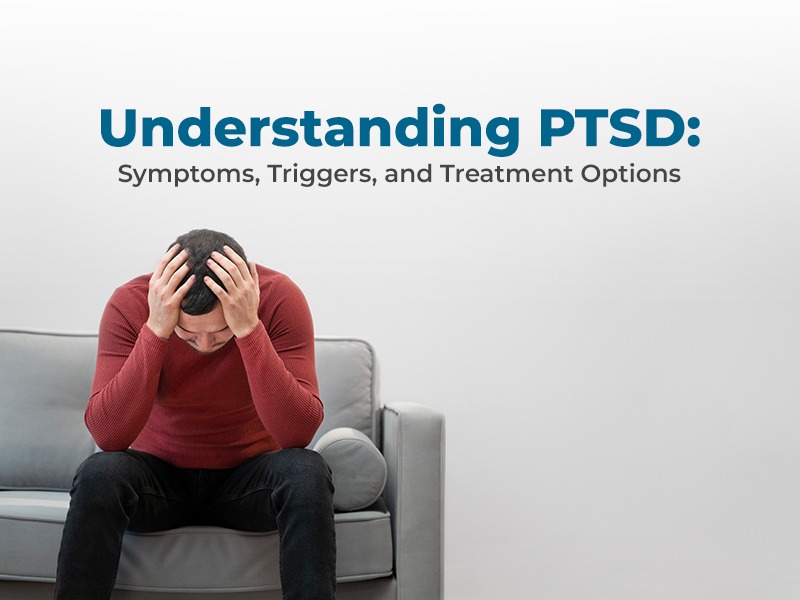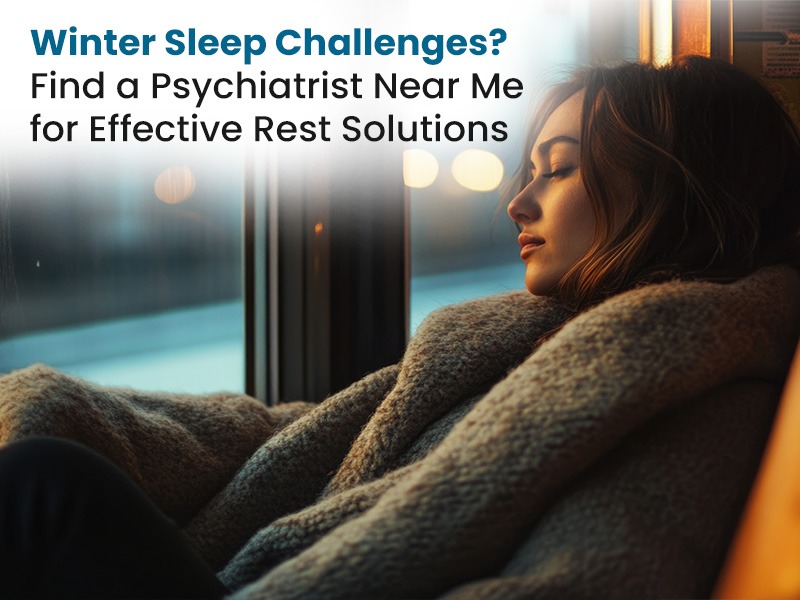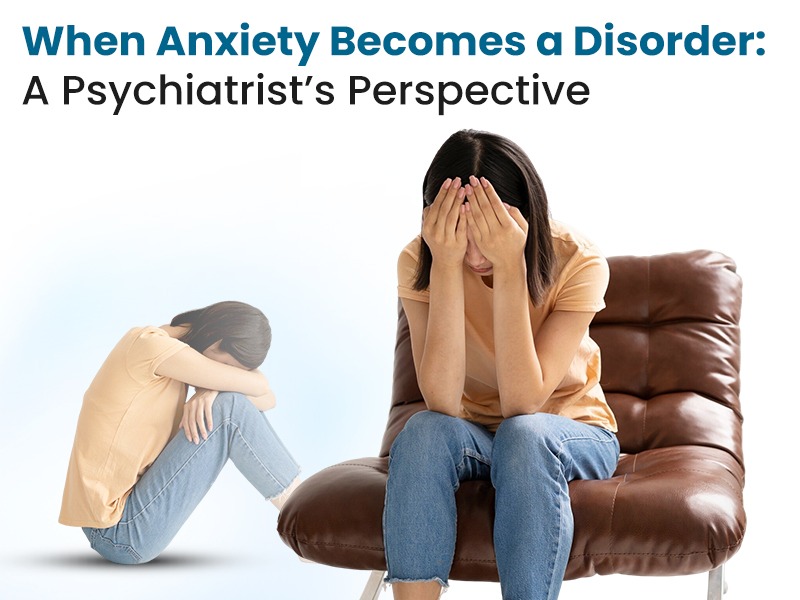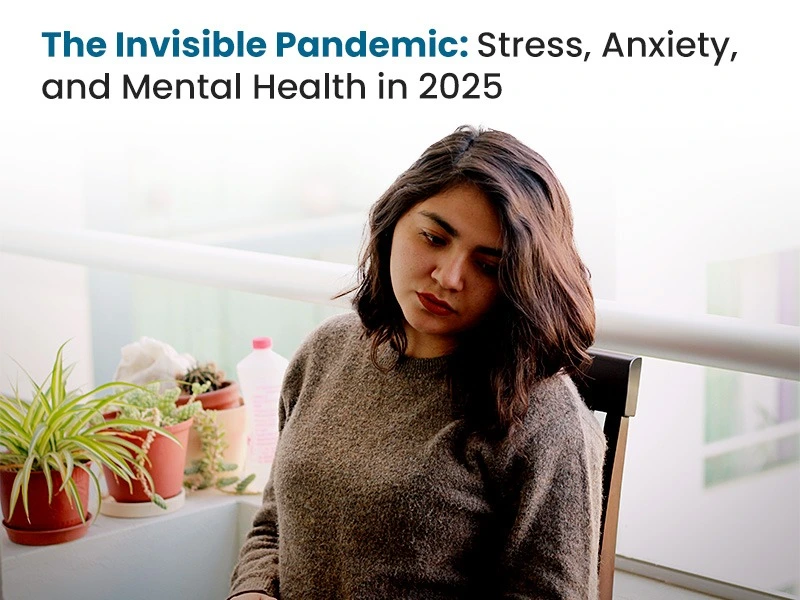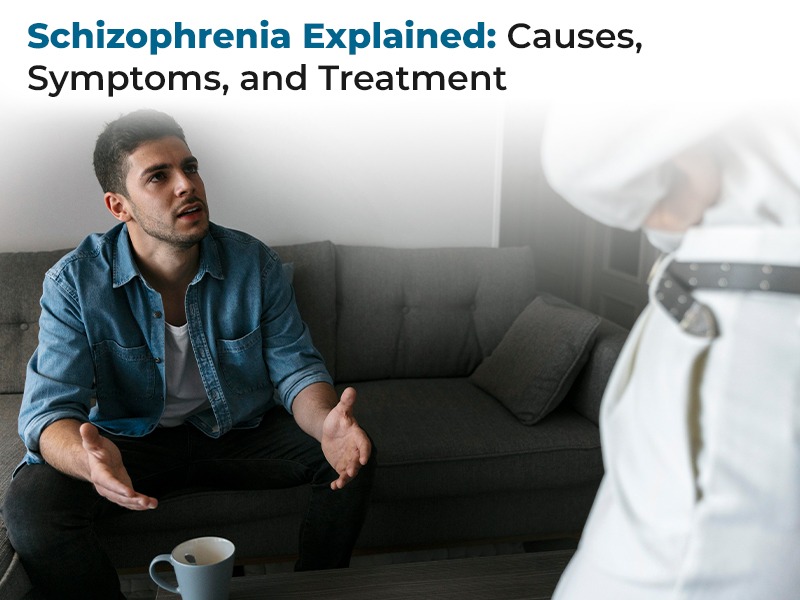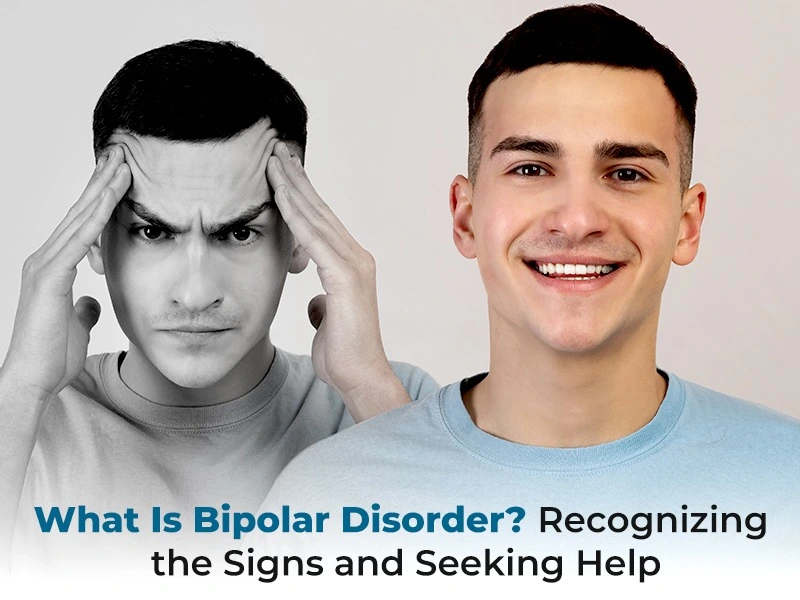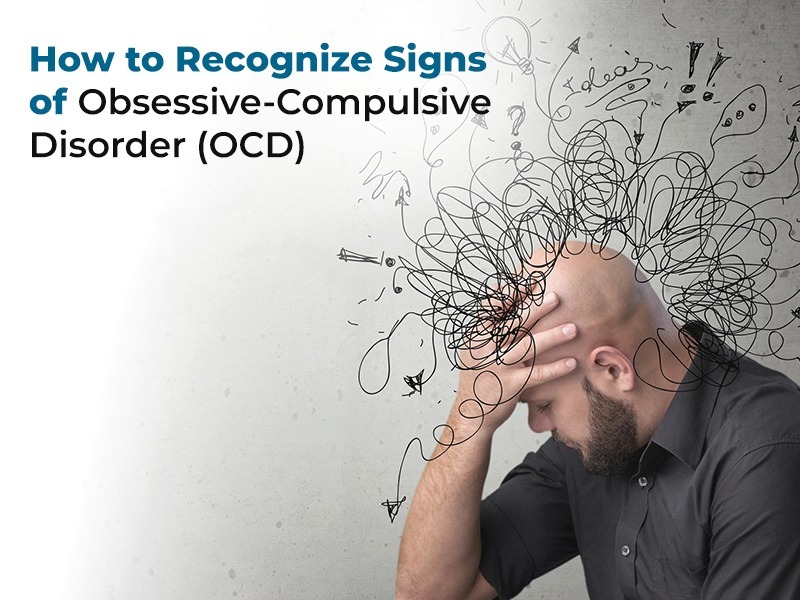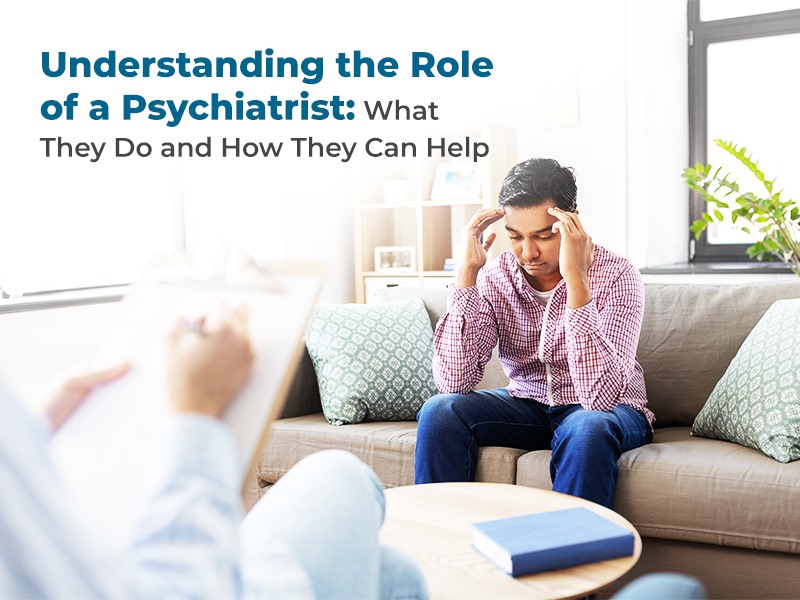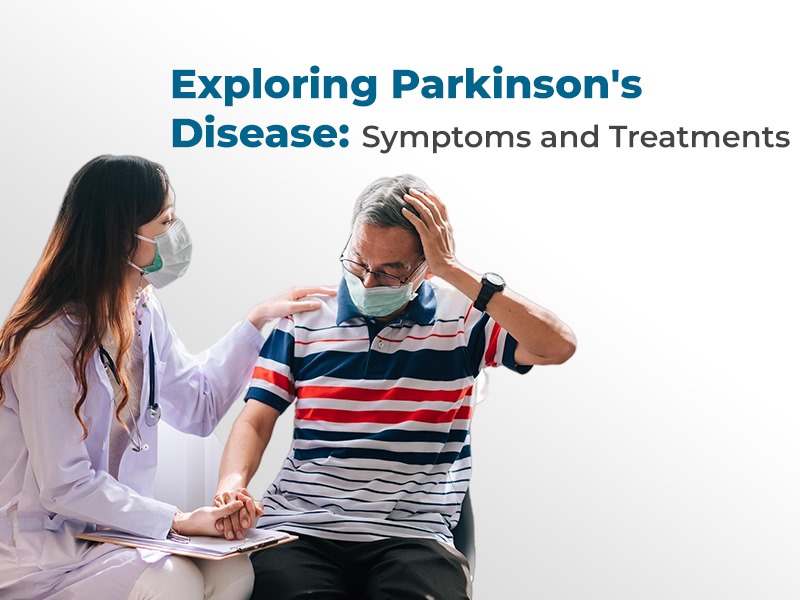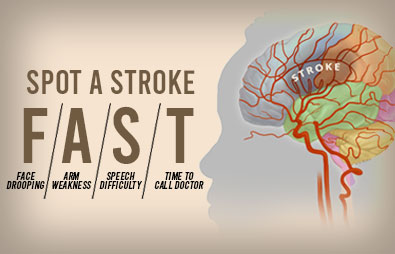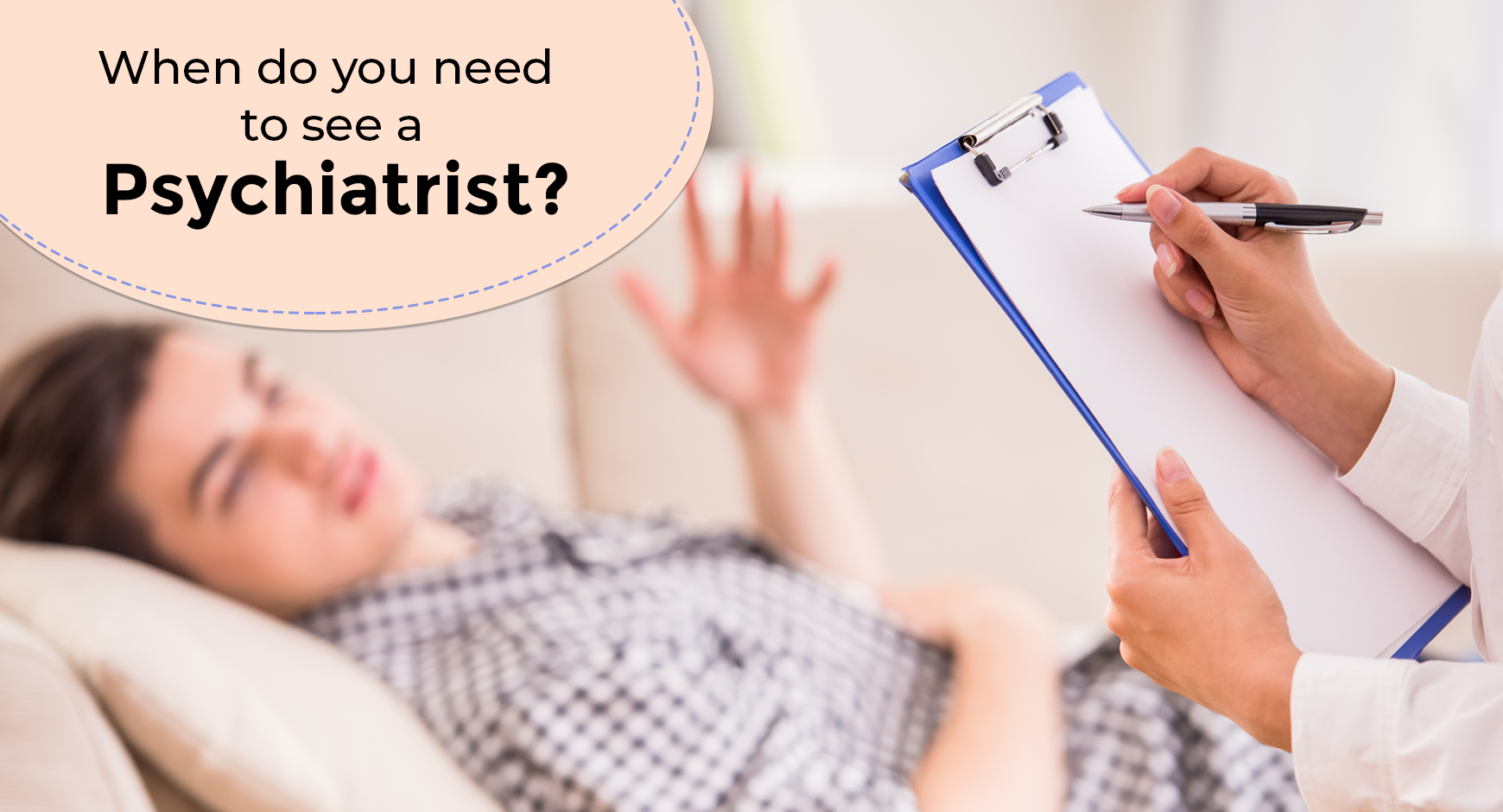Introduction
The human capacity for resilience is remarkable. We face a plethora of challenges throughout our lives, overcome our share of obstacles, and adapt to changing circumstances to thrive in the ever-evolving world. We cope with almost everything, but sometimes, specific incidents transcend our coping mechanisms, leaving a profound psychological scar on our lives.
Post-traumatic stress disorder (PTSD) is a mental health condition that emerges when a person experiences or witnesses a traumatic event. Experiencing temporary emotional and psychological distress after a trauma is quite normal, but in the case of PTSD, the individuals experience symptoms that are long-lasting and substantially disrupt the everyday life of the individual. In some cases, the individuals might also need to undergo Psychiatric Treatment to deal with such concerns and regain their original quality of life.
Symptoms of PTSD
The mental condition of Post-traumatic stress disorder (PTSD) presents itself in a wide variety of symptoms. The symptoms can vary depending on the traumatic event and the emotional approach of the individual towards the incident. Overall, the symptoms of PTSD can be broadly grouped into four main categories, which are as follows:
Intrusions:
1. Recurrent, unwanted thoughts and distressing memories of the traumatic event.
2. Flashbacks of the traumatic event make the individual feel like the event is happening again.
3. Recurrent Nightmares about the traumatic event.
4. Severe emotional distress or physical reactions like rapid heart rate, sweating, or difficulty breathing to reminders of the event.
Avoidance:
1. Avoiding places, activities, or people that can trigger the memories of the traumatic event.
2. Avoiding thinking or having conversations about the event.
3. Emotional numbing: According to the Best Psychiatrist in the area, Park Hospital, it includes a restrictive ability that the individuals develop against positive emotions.
4. Amnesia is the difficulty in remembering the essential aspects of the event.
Negative Changes in Thinking and Mood:
1. Negative thoughts about oneself, others, the future, or the world.
2. Hopelessness about the future.
3. Difficulty in concentrating on things or remembering things.
4. Difficulty maintaining close relationships.
5. Feeling detached from family and friends.
6. Feeling guilt, shame, or blame related to the traumatic event.
7. Lack of interest in activities once enjoyed.
Changes in Physical and Emotional Reactions:
1. Difficulty in sleeping or staying asleep
2. Being easily startled or frightened.
3. Always being on guard for danger.
4. Risky or Self-destructive behavior, such as substance abuse or driving too fast.
5. Irritability, angry outbursts, or aggressive behavior.
6. Overwhelming guilt or shame.
Triggers of PTSD
Triggers refer to certain stimuli, which include specific smells, sounds, sights, or situations that can remind the individual of the traumatic experience and evoke the symptoms of PTSD. According to the Best Psychiatrist in Gurugram, Park Hospital, these triggers can be very personal and vary depending on the nature of the event. Some of the common triggers of PTSD are as follows:
1. Sensory Triggers: These include the sights, sounds, smells, tastes, or touches that resemble the ones that the individual faced during the traumatic event. For example, the smell of smoke can trigger PTSD in someone who survived a fire.
2. Situational Triggers: Certain places, events, or situations can be associated with the trauma. They can trigger the symptoms of PTSD in individuals like a car accident survivor might feel anxious around damaged vehicles.
3. Anniversary Reactions: According to the Best Psychiatrist in Gurugram, Park Hospital, the date and the times or places of the traumatic event can trigger various symptoms in individuals.
4. Internal Triggers: If any individual experiences similar feelings or emotions or even has thoughts related to the event, it can act as a trigger for PTSD. For example, the sense of fear or helplessness can be a trigger of PTSD for an individual who felt frightened during the traumatic event.
5. Social Triggers: Specific incidents that remind the individual of the lack of support or adverse reactions after the trauma can act as potential triggers.
6. Physical sensations: If the individual experiences the same physical sensations they felt during the traumatic event, such as pain, heat, or cold, they can trigger the symptoms of PTSD.
7. Activities or People: According to the Best Psychiatrist Hospital, Park Hospital, engaging in activities that were part of the traumatic event or resemble it can trigger the symptoms. Additionally, encountering people who were part of the event or resembled the critical figures of the event can trigger PTSD as well.
Treatment Options For PTSD
There can be a wide variety of treatment options for individuals experiencing adverse impacts on their mental health and overall well-being because of PTSD. The various kinds of treatment options, according to the expert psychiatrists, are as follows:
1. Psychotherapy: Popularly known as Talk Therapy, in this kind of PTSD treatment, expert psychotherapists help individuals process their trauma and understand it to reduce its long-term impact. There are various kinds of approaches for psychotherapy treatments, which include cognitive behavioral therapy (CBT) and eye movement desensitization and reprocessing (EMDR).
2. Medication: The experts of Psychiatric Treatment also prescribe certain kinds of medicines like antidepressants or anti-anxiety medications to relieve symptoms like anxiety, sleep problems, or depression and ensure a comfortable quality of life.
3. Self-Help Strategies: There are a variety of self-help strategies, such as joining support groups or opting for regular physical activities along with various relaxation techniques to relieve the symptoms.
4. Alternative Therapies: People are also advised to practice yoga or meditation to calm their minds and address negative thoughts.
Park Hospital: Effective Psychiatric Treatments for PTSD
It's crucial for individuals experiencing symptoms to seek medical help and support. Early professional intervention also helps manage symptoms and address the condition to improve quality of life before the condition becomes even more serious. Park Hospital, as one of the Best Psychiatrist hospitals, provides a team of experts to provide the necessary support and treatments to help trauma survivors regain their original quality of life.

